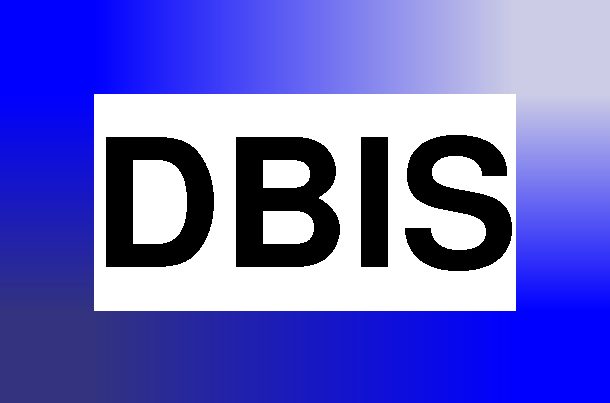Practical Course Semantic Web Technologies
Summer Term 2023
Note: this course does not give an introduction to Semantic Web, but builds upon
the knowledge from the Semantic Web WS 2022/23
lecture. The next introductory course to Semantic Web will prospectively take
place in WS 2023/24.
Prof. Dr. Wolfgang May
Lars Runge, M.Sc.
-
Date and Time: Friday 14-18, depending on how long the course takes. The course meeting will not take place every week.
- Virtual Meetings: We will use BigBlueButton provided by GWDG;
the rooms/meetings can be entered via StudIP.
Please also read the general and technical information
about DBIS virtual teaching.
The course yields 6 ECTS-credits; it is graded (=benotet)
Prerequisites:
- Successful participation in the module "Semantic Web",
- Successful participation in the "General
Programming Lab/Allgemeines Programmierpraktikum" (or an equivalent course),
- or equivalent knowledge.
Course Description
The practical course builds upon the lecture
Semantic Web. Among other sources, the
Mondial database in RDF format
is used.
Documentation: use the slides from the
Semantic Web lecture (the full slide set can be found
here)
The course takes place in groups of 3-4 persons. There will be several
units.
Usually, for every unit there is a course meeting, and additionally
individual meetings with the groups.
Topics: Warm-Up: SPARQL revisited,
Linked Open Data, distributed queries in SPARQL (e.g. using Wikidata),
RDF/OWL with Java/Jena,
OWL and hybrid OWL+ (Datalog-style) rules reasoning,
Tools: OWLAPI (Manchester Syntax) +Protege, RDF4J (ex-Sesame),
Querying and analyzing OWL Metadata (which is not easily possible with only SPARQL),
(maybe: Web Services, if not taught before in the XML lab course)
Time Schedule
- 1. Meeting
14.4. (Friday), 14-16 ct
SR 2.101 in StudIP→BBB: Introduction, Formalities, SPARQL revisited
-
21.4.: online hands-on/group meeting (optional)
-
28.4.: Linked Open Data. Mondial as LOD example.
-
5.5.: Discussion of the first exercise sheet
-
12.5.: online hands-on/group meeting (optional)
-
19.5.: RDF/RDFS/OWL and SPARQL and Java. The Jena API.
-
26.5.: Discussion of exercise sheet 2
- TO BE EXTENDED
Software
Apache JENA (
https://jena.apache.org/
)
is a free and open source Java framework for building Semantic Web and
Linked Data applications.
The course uses a lightweight housemade shell interface to Jena with Pellet for querying
in a still experimental unstable version:
If something does not work, send us an email.
Raptor RDF Syntax Library - Raptor RDF parser utility
- access URLs as RDF client
rapper instructions
|
